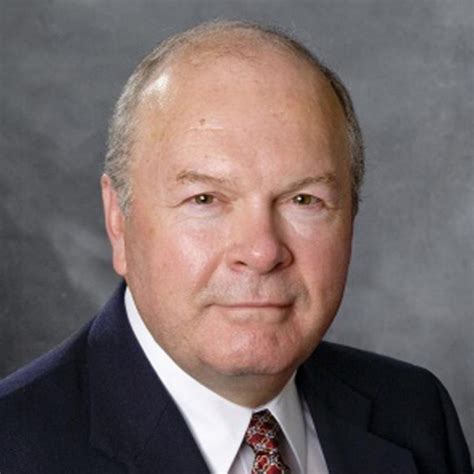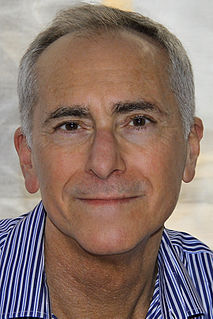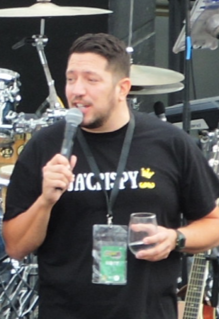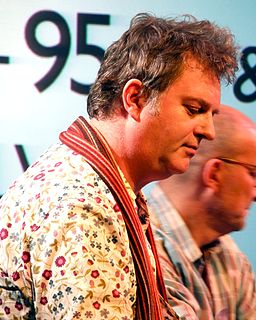A Quote by Gates McFadden
Life is so fast these days, and we're exposed to so much information. Television makes us a witness to such misery.
Quote Topics
Related Quotes
No. Take the heart first. Then you don't feel the cold so much. The pain so much. With the heart gone, there's no reason to stay your hand. Your eyes can look on death and not tremble. It's the heart that betrays us, makes us weep, makes us bury our friends when we should be marching ahead. It's the heart that sickens us at night and makes us hate who we are. It's the heart that sings old songs and brings memories of warm days.
Based on research into the Picture Superiority Effect, when we read text alone, we are likely to remember only 10 percent of the information 3 days later. If that information is presented to us as text combined with a relevant image, we are likely to remember 65 percent of the information 3 days later.
So while it is true that children are exposed to more information and a greater variety of experiences than were children of the past, it does not follow that they automatically become more sophisticated. We always know much more than we understand, and with the torrent of information to which young people are exposed, the gap between knowing and understanding, between experience and learning, has become even greater than it was in the past.
It takes a pretty strong person, a rather unusual young person, to stand up to ridicule and refuse to give in to temptation. There are so many things today in modern music, on television, and in the movies that portray a life that is nowhere near the life the Lord would have us live. Consequently, we cannot afford to turn to the radio, television, or Hollywood to take our cues about what is right and what is wrong. It is scary to realize that the more we are exposed to Hollywood's version of life, the more we gradually begin to accept it.
Within hours, tweetted piece of information you've just doled out has become a monsoon, a hurricane of tangible energy that is literally circulating the world. It's helped me sense the undeniable truth of quantum consciousness, the whole butterfly effect. I witness it daily. Being witness to it not only makes me come alive, it enables me to maintain hope.
I don't see [the jungle] so much erotic. I see it more full of obscenity. It's just - Nature here is vile and base. I wouldn't see anything erotical here. I would see fornication and asphyxiation and choking and fighting for survival and growing and just rotting away. Of course, there's a lot of misery. But it is the same misery that is all around us. The trees here are in misery, and the birds are in misery. I don't think they sing. They just screech in pain.
Voices surround us, always telling us to move faster. It may be our boss, our pastor, our parents, our wives, our husbands, our politicians, or, sadly, even ourselves. So we comply. We increase the speed. We live life in the fast lane because we have no slow lanes anymore. Every lane is fast, and the only comfort our culture can offer is more lanes and increased speed limits. The result? Too many of us are running as fast as we can, and an alarming number of us are running much faster than we can sustain.




































